7 Reasons Introverts Often Make The Best Parents, According To Research
You don't have to be outgoing to be a good parent.
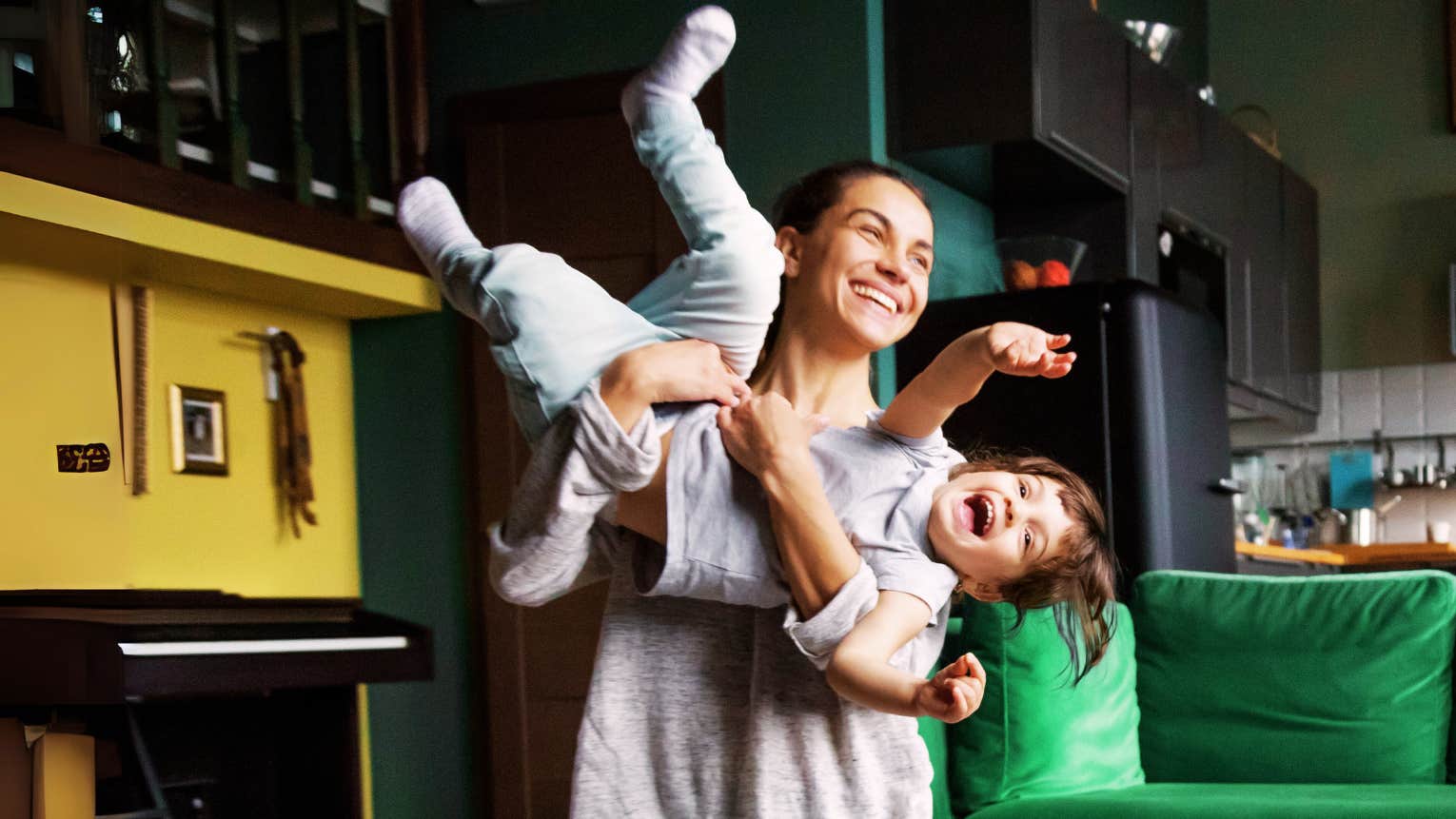 fizkes | Canva
fizkes | Canva Some might think of you as the quiet parent who keeps to themselves at the playground, but being an introverted parent has its perks. If you enjoy the calmer side of life — and revel in your alone time sans kids — then you're in luck because introverts often make the best parents. According to experts and research, being an introverted parent can benefit both you and your little one.
Sophia Dembling, the author of Introverts in Love: The Quiet Way to Happily Ever After, and Susan Krauss Whitbourne, a psychological and brain sciences professor at the University of Massachusetts and author of several books, including The Search for Fulfillment, agree that being an introvert certainly has its benefits in the wild and wonderful world of parenting.
Here are reasons introverts make great parents:
1. They're excellent listeners
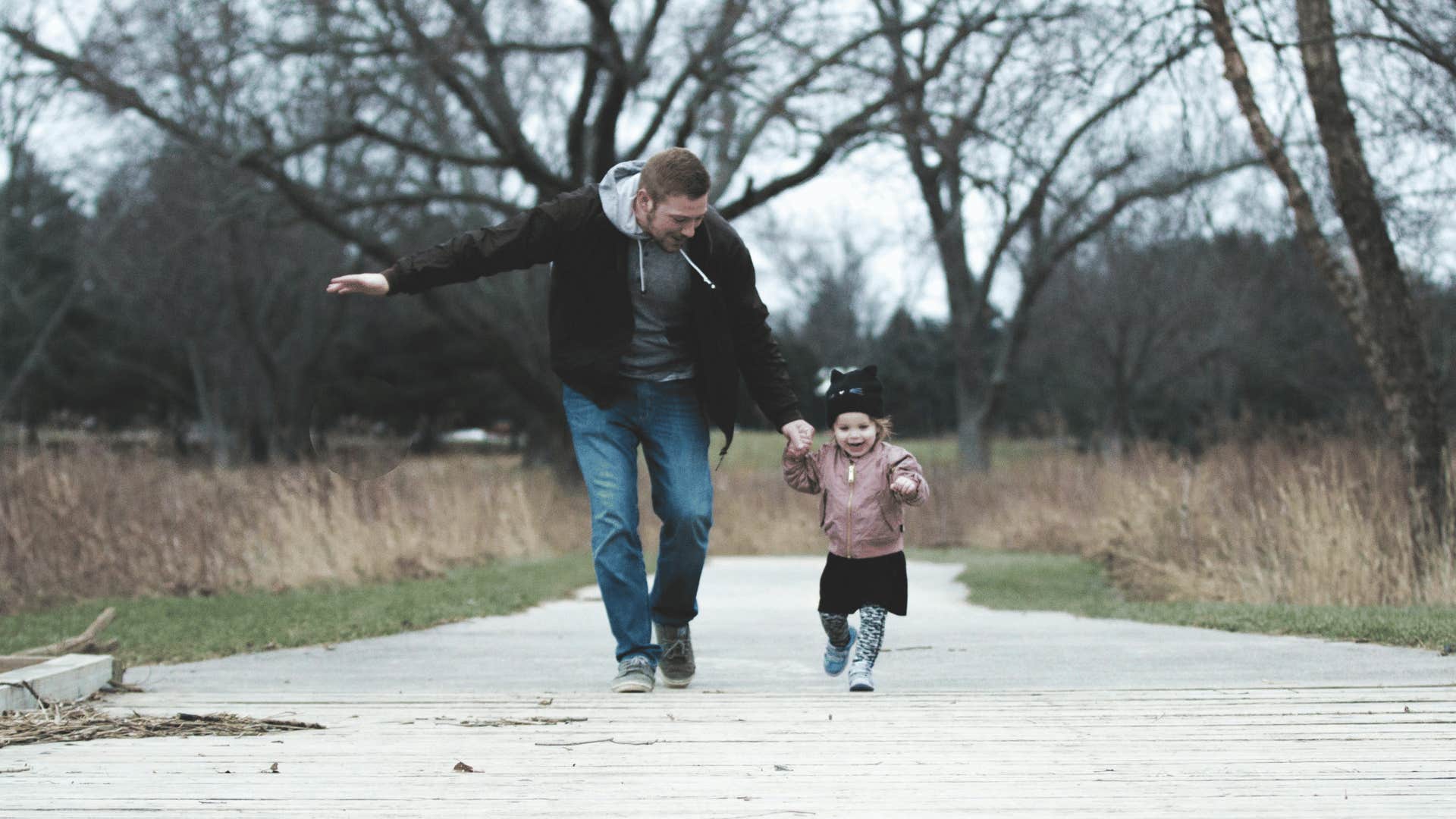 Josh Willink / Pexels
Josh Willink / Pexels
Being able to communicate effectively with your kiddo is at the top of every parent's list of priorities. A huge part of communication relies on listening, a skill that introverts have a serious knack for.
"Introverted people are very good listeners," says Sophia, adding that they're particularly good at dealing with kids who are also known for staying mum. "An introverted parent-child combination works wonderfully — the parent doesn't freak out when the child wants to sit quietly in her room with a book."
2. They tend to avoid conflict
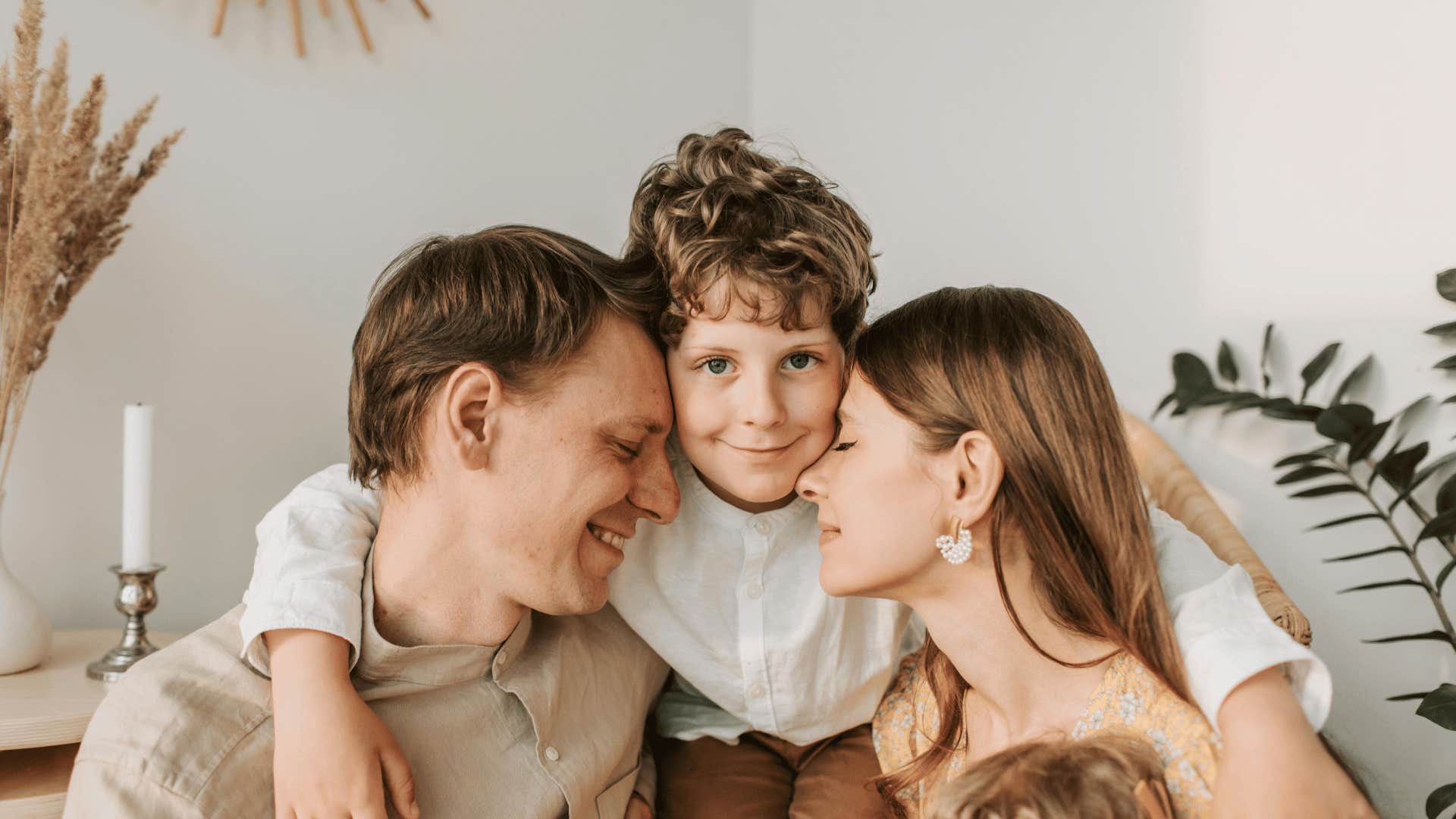 Vlada Karpovich / Pexels
Vlada Karpovich / Pexels
Don't expect a whole lot of screaming and yelling from this bunch since introverts usually back away when conversations get tense. Sophia agrees, explaining that they "keep things to themselves and avoid conflict," so if their child has a full-on meltdown at soccer practice, don't be surprised if their response appears passive at first.
The best parents don't necessarily aim to avoid disagreements altogether. Instead, a 2023 study explained that they focus on managing conflict constructively through open communication, active listening, compromise, and positive conflict resolution strategies.
They minimize the negative impact on their children by addressing issues calmly and respectfully when they arise, essentially teaching children healthy conflict-resolution skills through their actions.
3. They're often in tune with their kids' needs
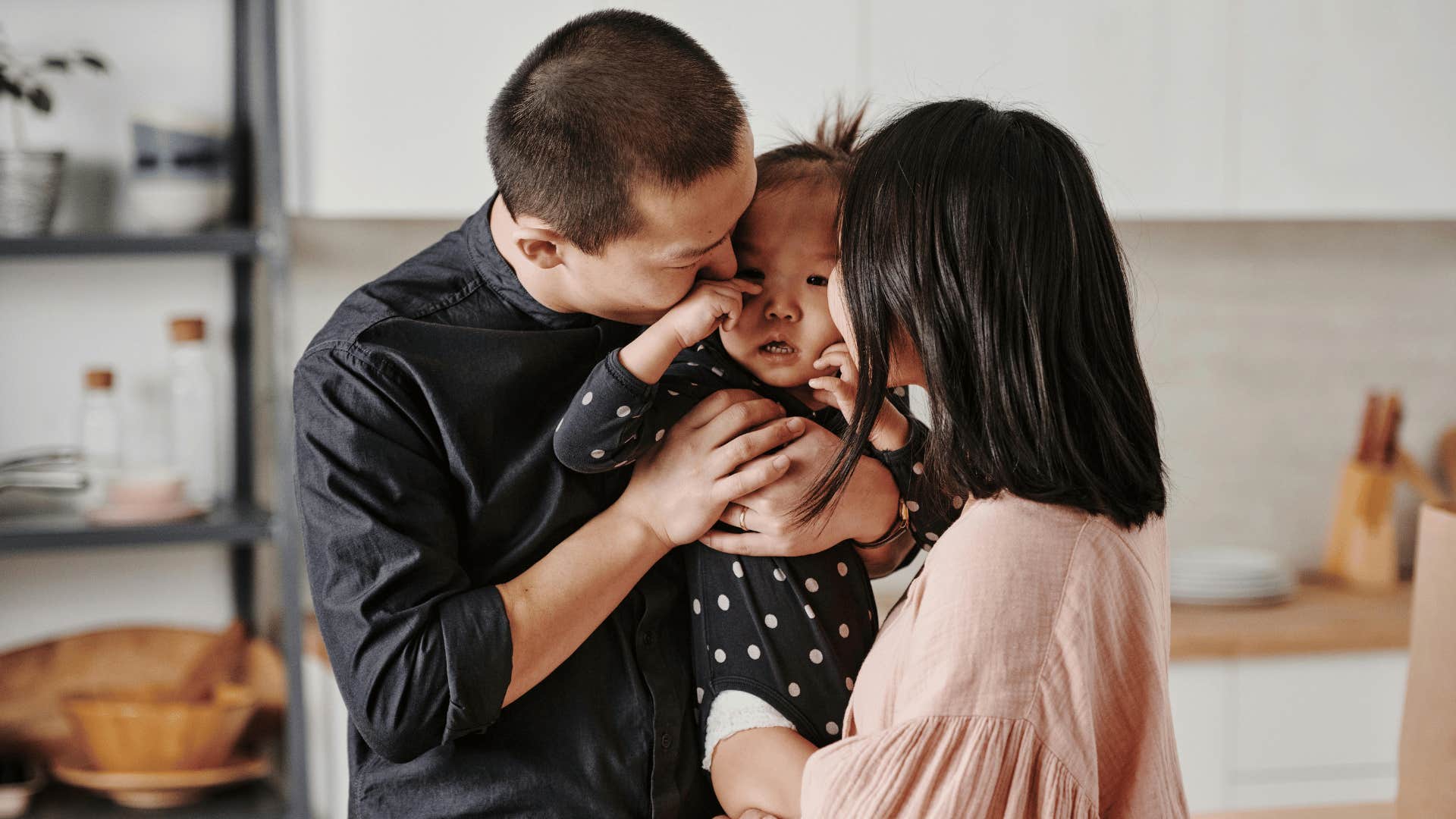 ShotPot / Pexels
ShotPot / Pexels
Introverted parents usually can understand their kids' feelings on a deeper level. "They tend to be more inward-oriented as the name [introvert] implies, and therefore, more thoughtful, quieter, and perhaps more aware of their inner state," says Dr. Whitbourne.
4. They're very selective with whom they give attention
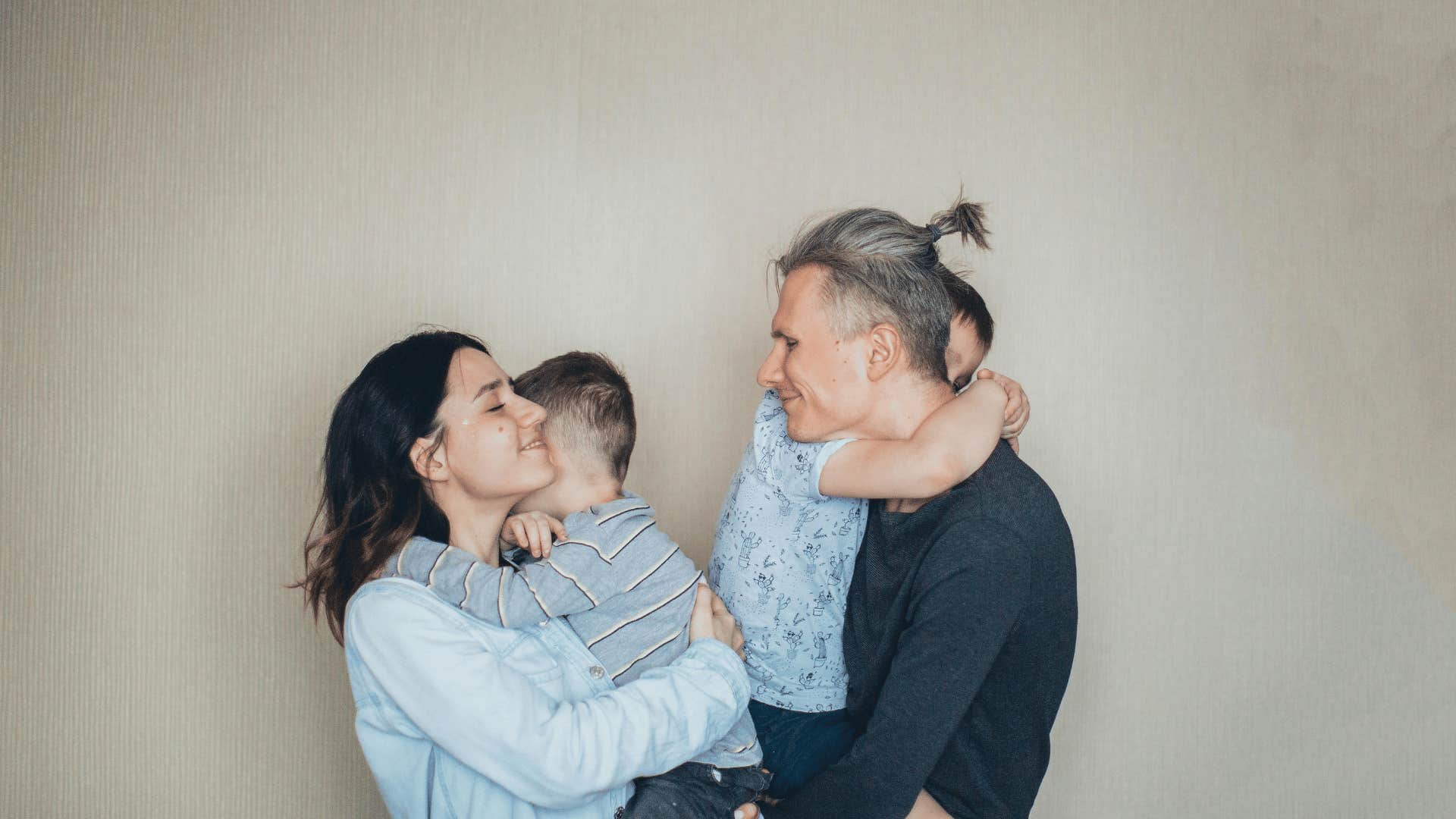 Elina Fairytale / pexels
Elina Fairytale / pexels
Introverts usually appear to be quiet and reserved on the surface, so it means that much more if they consider you to be an important person in their life. "Introverted people don't need a lot of relationships and are selective about who they give their time and attention to, so they tend to be very loyal and invest deeply when they decide to invest," explains Sophia.
And who gets the most out of that deal? Their offspring, of course. Determining who you pay attention to can significantly benefit your mental well-being.
A 2022 study published by Frontiers in Psychology explained that it can reduce stress, enhance focus, foster deeper connections, protect against negative influences, and improve overall cognitive performance. The ability to filter out irrelevant stimuli is a key aspect of selective attention.
5. They love nothing more than hanging out at home
 MART PRODUCTION / Pexels
MART PRODUCTION / Pexels
It's true, that some of the best memories can be made in your own backyard — and introverts know how to capitalize on that. Whether it's cuddling up with a bowl of popcorn or doing wheelies in the driveway, home is an introvert's favorite place to be. Sophia agrees: your kids "will have someone to sit quietly on the couch with and someone who's unafraid of silence."
6. They don't typically thrive in chaotic social situations
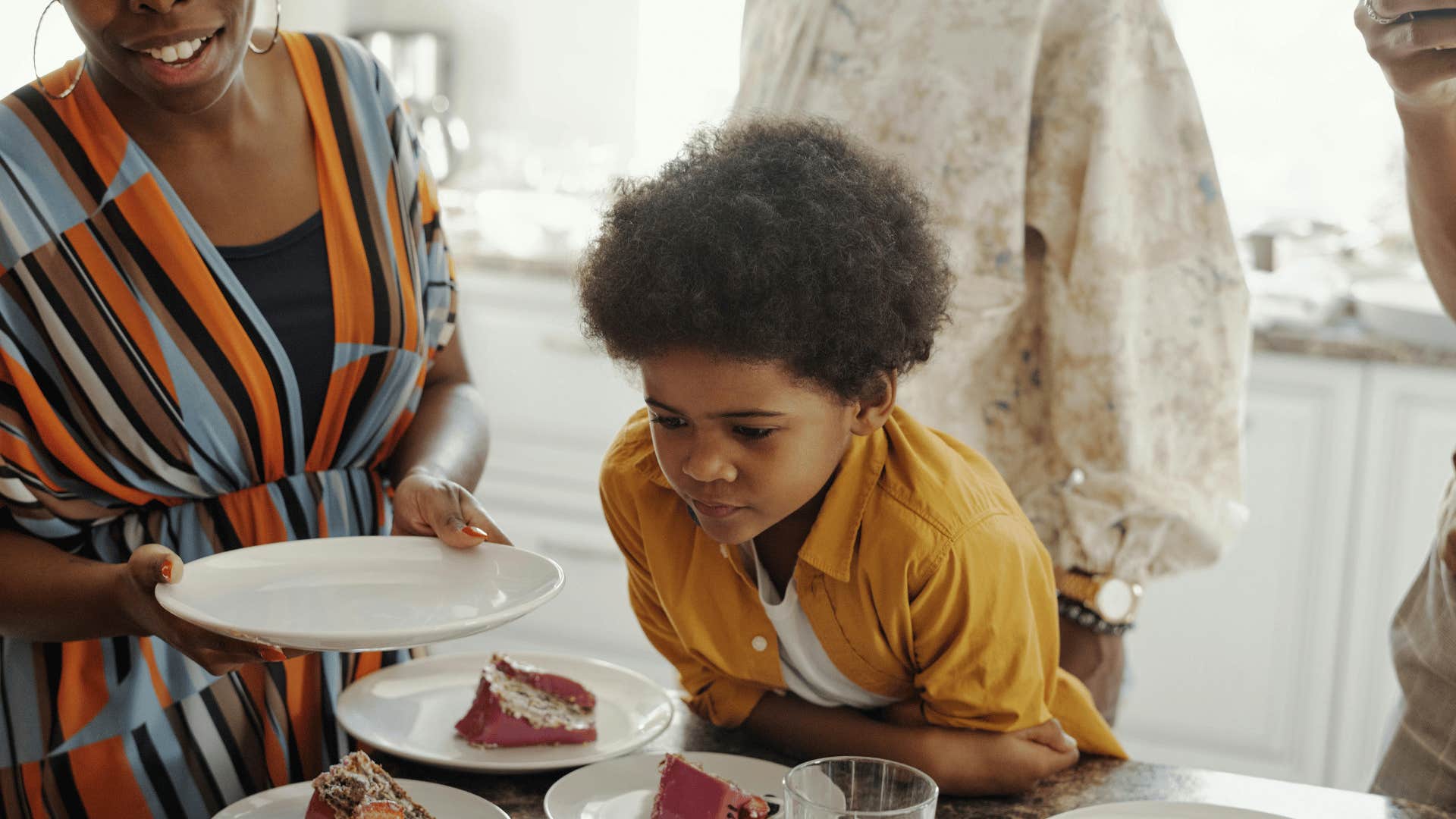 August de Richelieu / Pexels
August de Richelieu / Pexels
As you can imagine, being in a crowded backyard with tons of screaming kids isn't an introvert's favorite activity in the world, but they make it work. "It can be a struggle for introverts to enjoy themselves at events like kids' birthday parties, but thankfully there are plenty of extroverted parents who are jumping in, so they're not going to stand out so much if they happen to blend a bit into the background," says Dr. Whitbourne.
And that's not necessarily a bad thing, she adds, saying, "In fact, some people may regard the ability to blend into the background can be a good parenting trait because it may mean that you're more kid-focused than self-focused."
Individuals who struggle to thrive in chaotic situations often have a history of growing up in chaotic environments, which can lead to difficulties with self-regulation, anxiety, and a tendency to feel overwhelmed when faced with disorder or uncertainty. According to a 2020 study, this is sometimes referred to as chaos compulsion, where people may even seek out chaotic situations due to a learned sense of normalcy from their upbringing.
7. They're surprisingly warm
 Barbara Olsen / Shutterstock
Barbara Olsen / Shutterstock
Although introverts aren't in your face by nature, that doesn't mean they're unfriendly people. "Introverts can be as warm and caring and as interested in people as one can imagine," explains Dr. Whitbourne. So the next time you see a quieter mama playgroup, make sure you reach out and say hello.
Murphy Moroney is a Former Associate Editor, of POPSUGAR Family.

